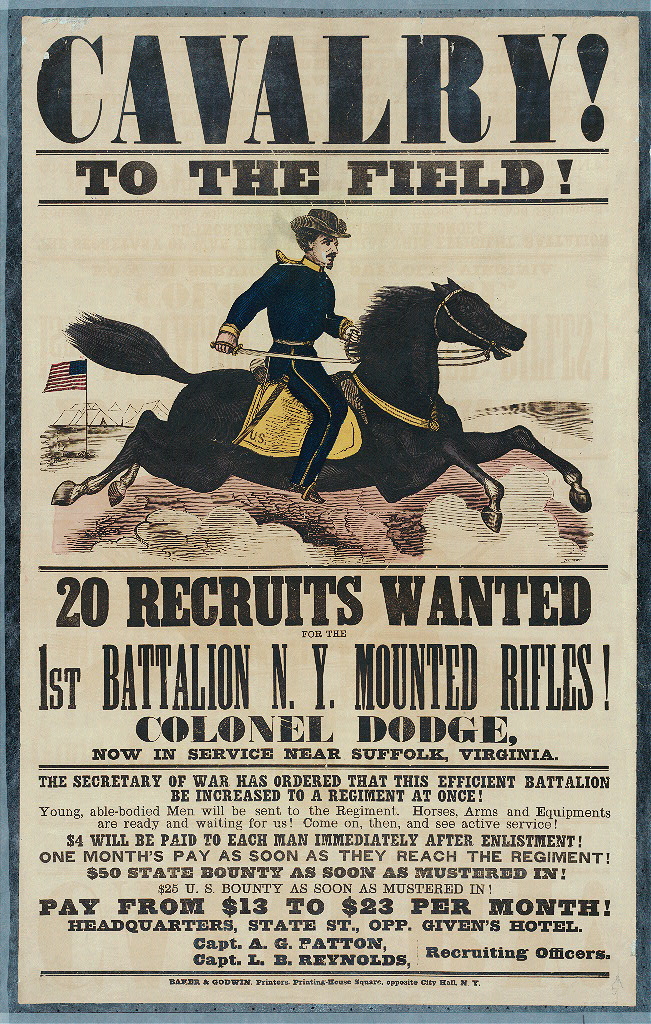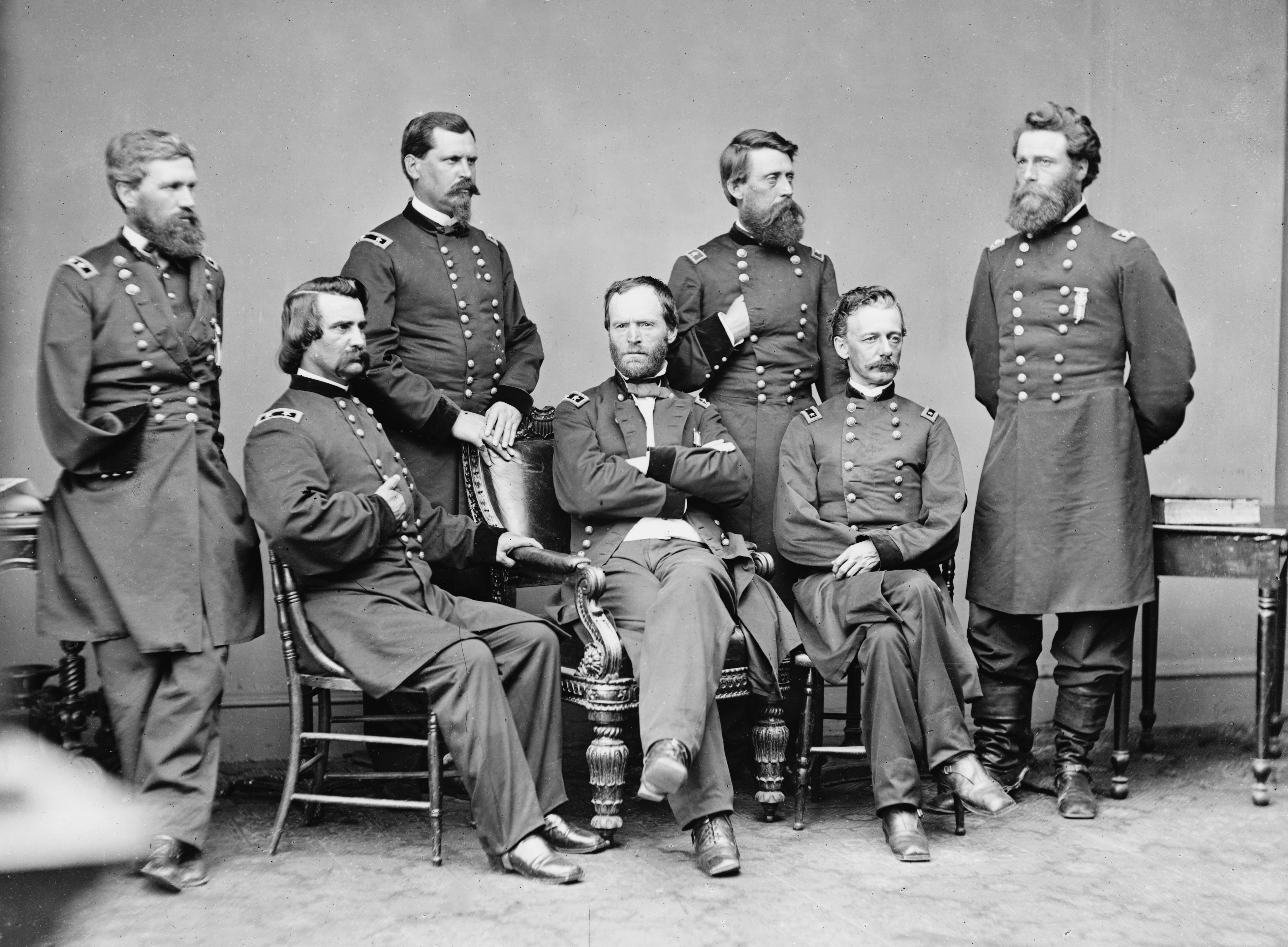|
George Monroe McNeill
George Monroe McNeill (June 5, 1845 – February 13, 1931) was a Union army soldier and was the first postmaster and one of the founders and trustees of Carterville, Illinois. Biography McNeill was born on June 5, 1845, to John Alexander McNeill and Weltha "Welthy" Jane McNeill ''née'' Walker. McNeill served in the Union Army during the American Civil War, enlisting at the age of 16 to replace his sick father and serving under General Sherman during his March to the Sea. Sometime in the course of the war McNeill also became ill, riding behind his regiment at the Grand Review of the Armies at Washington. He later married Olive Herrin of Herrin Prairie and in 1866 settled on the farm that would become Carterville. Upon completion of the Shawneetown and Carbondale railroad in the area, McNeill and Laban Carter, the namesake of Carterville, successfully lobbied for the Fredonia post office to be moved to Carter's farm and mine. McNeill was subsequently appointed postmaster. Wh ... [...More Info...] [...Related Items...] OR: [Wikipedia] [Google] [Baidu] |
Union Army
During the American Civil War, the Union Army, also known as the Federal Army and the Northern Army, referring to the United States Army, was the land force that fought to preserve the Union (American Civil War), Union of the collective U.S. state, states. It proved essential to the preservation of the United States as a working, viable republic. The Union Army was made up of the permanent Regular Army (United States), regular army of the United States, but further fortified, augmented, and strengthened by the many temporary units of dedicated United States Volunteers, volunteers, as well as including those who were drafted in to service as Conscription in the United States, conscripts. To this end, the Union Army fought and ultimately triumphed over the efforts of the Confederate States Army in the American Civil War. Over the course of the war, 2,128,948 men enlisted in the Union Army, including 178,895 United States Colored Troops, colored troops; 25% of the white men who s ... [...More Info...] [...Related Items...] OR: [Wikipedia] [Google] [Baidu] |
Carterville, Illinois
Carterville is a city in Williamson County, Illinois, United States. At the 2020 census, the city's population was 5,848. The city is part of the Carbondale-Marion combined statistical area and has grown considerably as a residential community of Carbondale and Marion. The city is located next to Crab Orchard National Wildlife Refuge. The Refuge's of land and water contain a wide diversity of flora and fauna. History Carterville was founded by George Monroe McNeill and Laban Carter. McNeill married Olive Herrin of Herrin's Prairie and in 1866 they settled on the farm now known as Carterville. Carter came to Williamson County in 1864, purchased of land, and helped organize and secure a post office for Carterville in 1871. The town was named in his honor. McNeill was one of the youngest members of the Union army during the American Civil War. He enlisted at 16 and was with General William T. Sherman during his March to the Sea. Geography According to the 2010 census, the cit ... [...More Info...] [...Related Items...] OR: [Wikipedia] [Google] [Baidu] |
Union Army
During the American Civil War, the Union Army, also known as the Federal Army and the Northern Army, referring to the United States Army, was the land force that fought to preserve the Union (American Civil War), Union of the collective U.S. state, states. It proved essential to the preservation of the United States as a working, viable republic. The Union Army was made up of the permanent Regular Army (United States), regular army of the United States, but further fortified, augmented, and strengthened by the many temporary units of dedicated United States Volunteers, volunteers, as well as including those who were drafted in to service as Conscription in the United States, conscripts. To this end, the Union Army fought and ultimately triumphed over the efforts of the Confederate States Army in the American Civil War. Over the course of the war, 2,128,948 men enlisted in the Union Army, including 178,895 United States Colored Troops, colored troops; 25% of the white men who s ... [...More Info...] [...Related Items...] OR: [Wikipedia] [Google] [Baidu] |
American Civil War
The American Civil War (April 12, 1861 – May 26, 1865; also known by other names) was a civil war in the United States. It was fought between the Union ("the North") and the Confederacy ("the South"), the latter formed by states that had seceded. The central cause of the war was the dispute over whether slavery would be permitted to expand into the western territories, leading to more slave states, or be prevented from doing so, which was widely believed would place slavery on a course of ultimate extinction. Decades of political controversy over slavery were brought to a head by the victory in the 1860 U.S. presidential election of Abraham Lincoln, who opposed slavery's expansion into the west. An initial seven southern slave states responded to Lincoln's victory by seceding from the United States and, in 1861, forming the Confederacy. The Confederacy seized U.S. forts and other federal assets within their borders. Led by Confederate President Jefferson Davis, ... [...More Info...] [...Related Items...] OR: [Wikipedia] [Google] [Baidu] |
General Sherman
William Tecumseh Sherman ( ; February 8, 1820February 14, 1891) was an American soldier, businessman, educator, and author. He served as a general in the Union Army during the American Civil War (1861–1865), achieving recognition for his command of military strategy as well as criticism for the harshness of the scorched-earth policies that he implemented against the Confederate States. British military theorist and historian B. H. Liddell Hart declared that Sherman was "the first modern general". Born in Ohio into a politically prominent family, Sherman graduated in 1840 from the United States Military Academy at West Point. He interrupted his military career in 1853 to pursue private business ventures, without much success. In 1859, he became superintendent of the Louisiana State Seminary of Learning & Military Academy (now Louisiana State University), a position from which he resigned when Louisiana seceded from the Union. Sherman commanded a brigade of volunteers at ... [...More Info...] [...Related Items...] OR: [Wikipedia] [Google] [Baidu] |
Sherman's March To The Sea
Sherman's March to the Sea (also known as the Savannah campaign or simply Sherman's March) was a military campaign of the American Civil War conducted through Georgia from November 15 until December 21, 1864, by William Tecumseh Sherman, major general of the Union Army. The campaign began with Sherman's troops leaving the captured city of Atlanta on November 15 and ended with the capture of the port of Savannah on December 21. His forces followed a " scorched earth" policy, destroying military targets as well as industry, infrastructure, and civilian property, disrupting the Confederacy's economy and transportation networks. The operation debilitated the Confederacy and helped lead to its eventual surrender. Sherman's decision to operate deep within enemy territory without supply lines was unusual for its time, and the campaign is regarded by some historians as an early example of modern warfare or total war. Background and objectives Military situation Sherman's "March ... [...More Info...] [...Related Items...] OR: [Wikipedia] [Google] [Baidu] |
19th-century Illinois Politicians
The 19th (nineteenth) century began on 1 January 1801 ( MDCCCI), and ended on 31 December 1900 ( MCM). The 19th century was the ninth century of the 2nd millennium. The 19th century was characterized by vast social upheaval. Slavery was abolished in much of Europe and the Americas. The First Industrial Revolution, though it began in the late 18th century, expanding beyond its British homeland for the first time during this century, particularly remaking the economies and societies of the Low Countries, the Rhineland, Northern Italy, and the Northeastern United States. A few decades later, the Second Industrial Revolution led to ever more massive urbanization and much higher levels of productivity, profit, and prosperity, a pattern that continued into the 20th century. The Islamic gunpowder empires fell into decline and European imperialism brought much of South Asia, Southeast Asia, and almost all of Africa under colonial rule. It was also marked by the collapse of the large S ... [...More Info...] [...Related Items...] OR: [Wikipedia] [Google] [Baidu] |
1845 Births
Events January–March * January 10 – Elizabeth Barrett receives a love letter from the younger poet Robert Browning; on May 20, they meet for the first time in London. She begins writing her ''Sonnets from the Portuguese''. * January 23 – The United States Congress establishes a uniform date for federal elections, which will henceforth be held on the first Tuesday after the first Monday in November. * January 29 – ''The Raven'' by Edgar Allan Poe is published for the first time, in the '' New York Evening Mirror''. * February 1 – Anson Jones, President of the Republic of Texas, signs the charter officially creating Baylor University (the oldest university in the State of Texas operating under its original name). * February 7 – In the British Museum, a drunken visitor smashes the Portland Vase, which takes months to repair. * February 28 – The United States Congress approves the annexation of Texas. * March 1 – President John Tyler signs a bill authorizing ... [...More Info...] [...Related Items...] OR: [Wikipedia] [Google] [Baidu] |
Union Army Soldiers
Union commonly refers to: * Trade union, an organization of workers * Union (set theory), in mathematics, a fundamental operation on sets Union may also refer to: Arts and entertainment Music * Union (band), an American rock group ** ''Union'' (Union album), 1998 * ''Union'' (Chara album), 2007 * ''Union'' (Toni Childs album), 1988 * ''Union'' (Cuff the Duke album), 2012 * ''Union'' (Paradoxical Frog album), 2011 * ''Union'', a 2001 album by Puya * ''Union'', a 2001 album by Rasa * ''Union'' (The Boxer Rebellion album), 2009 * ''Union'' (Yes album), 1991 * "Union" (Black Eyed Peas song), 2005 Other uses in arts and entertainment * ''Union'' (Star Wars), a Dark Horse comics limited series * Union, in the fictional Alliance–Union universe of C. J. Cherryh * '' Union (Horse with Two Discs)'', a bronze sculpture by Christopher Le Brun, 1999–2000 * The Union (Marvel Team), a Marvel Comics superhero team and comic series Education * Union Academy (other), ... [...More Info...] [...Related Items...] OR: [Wikipedia] [Google] [Baidu] |





